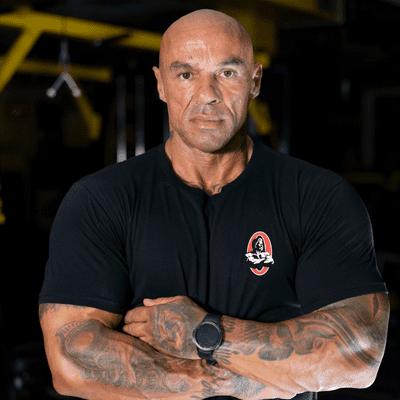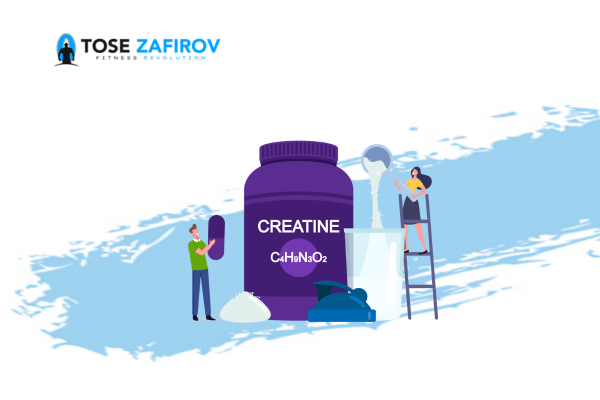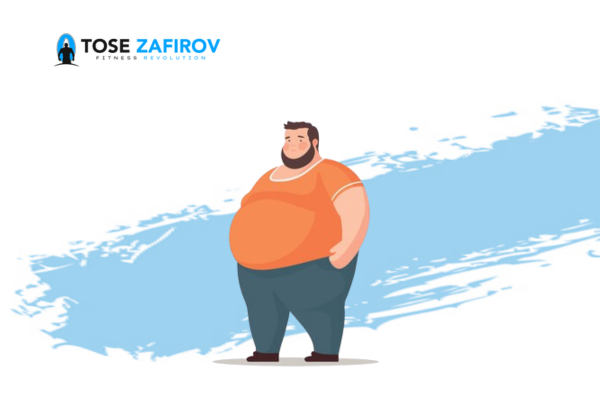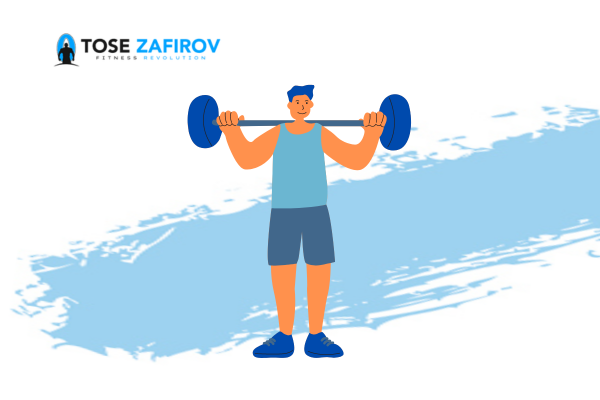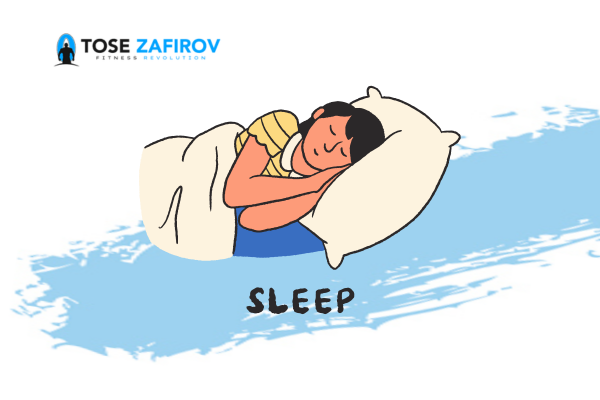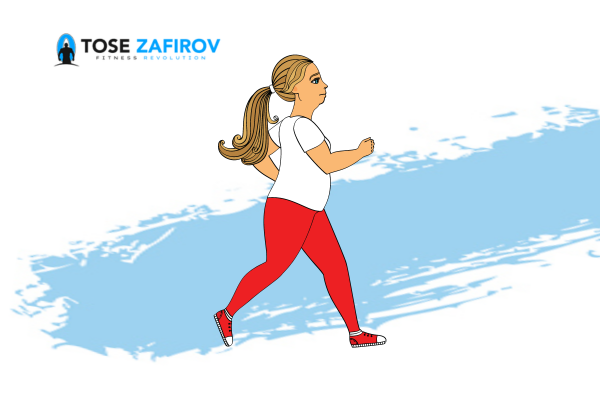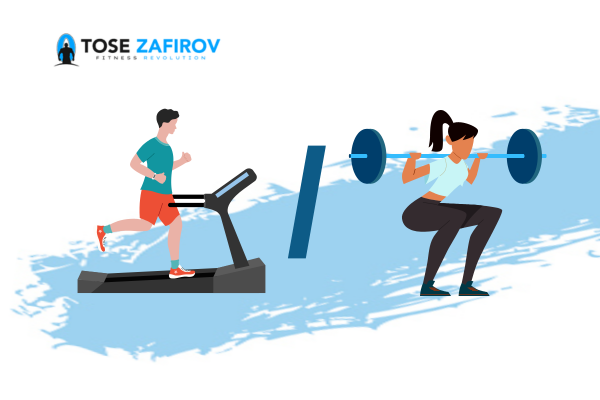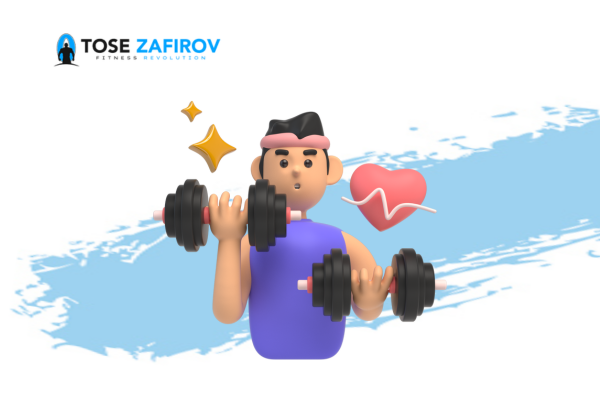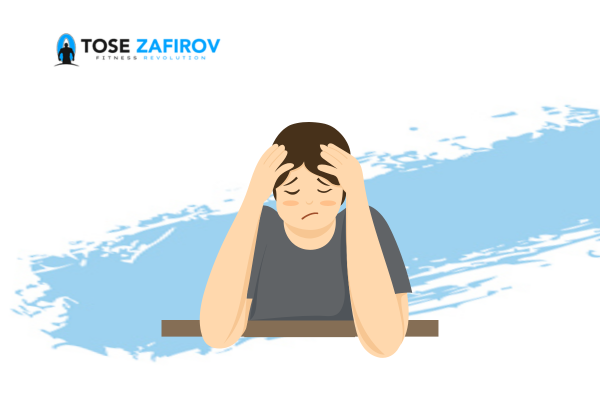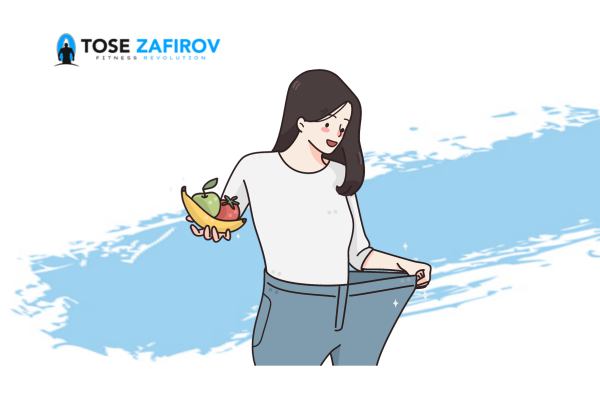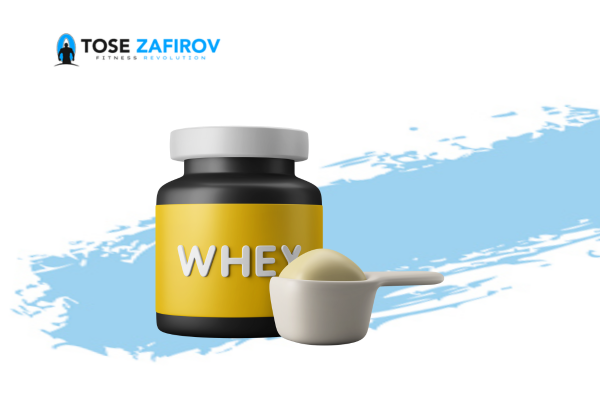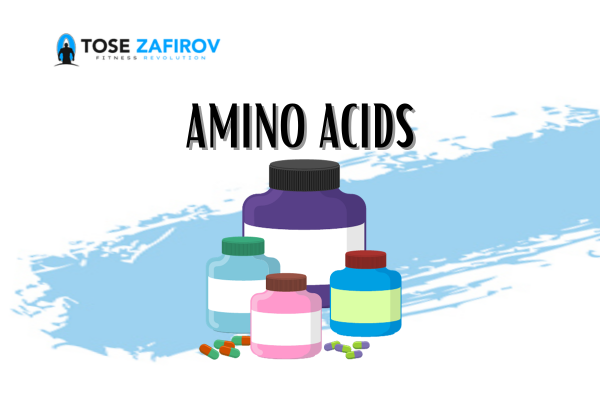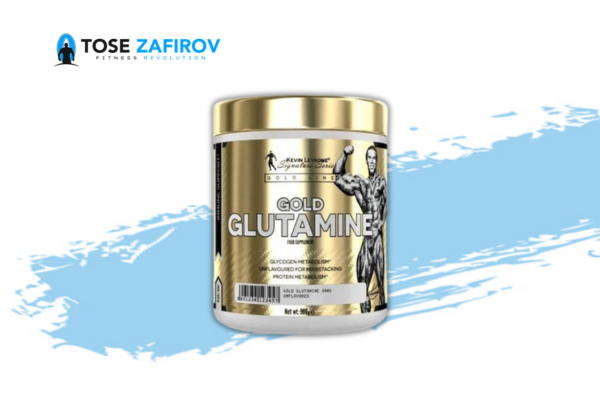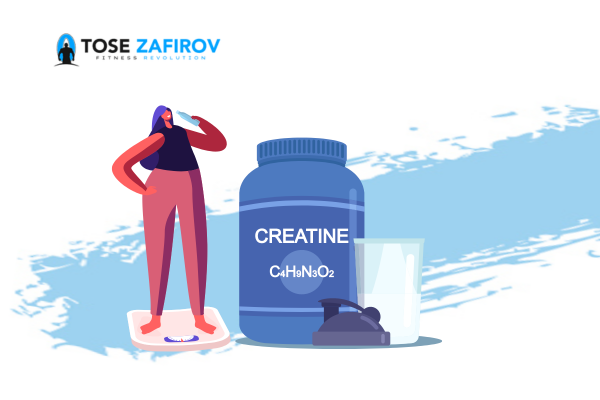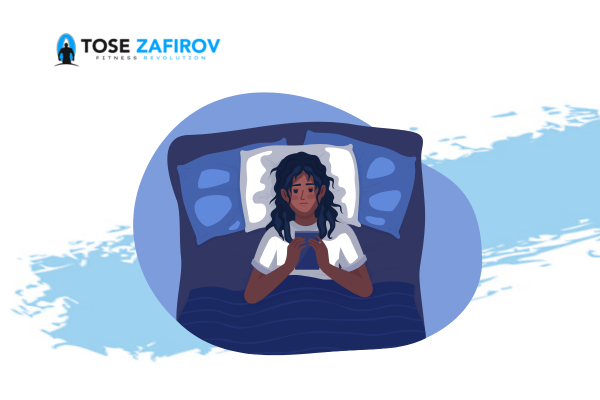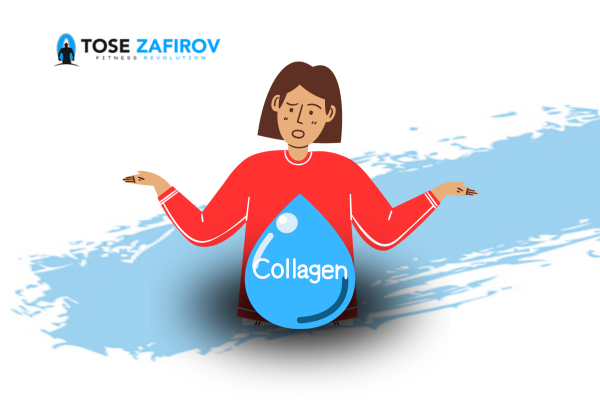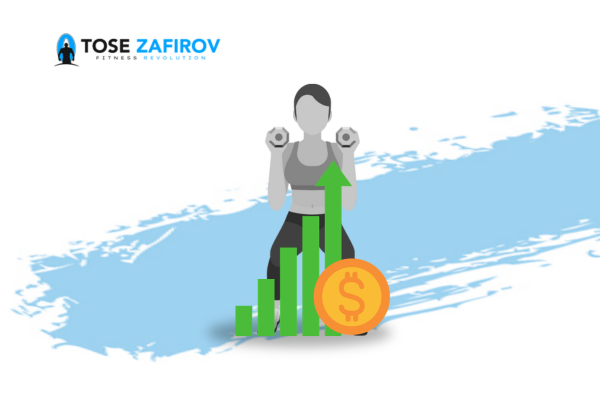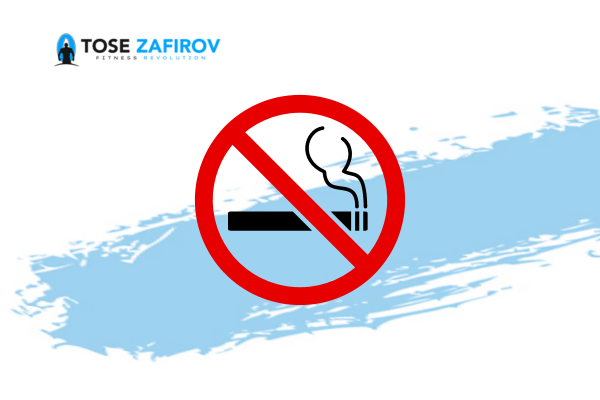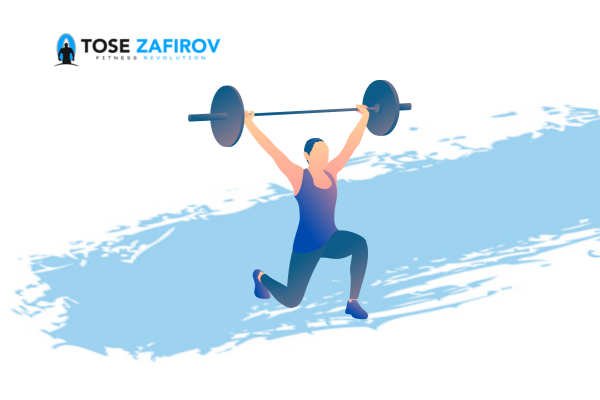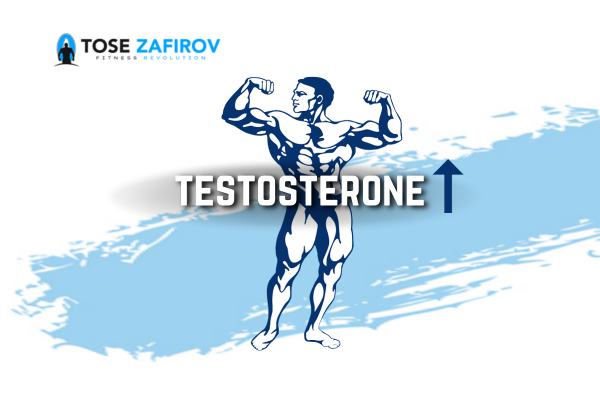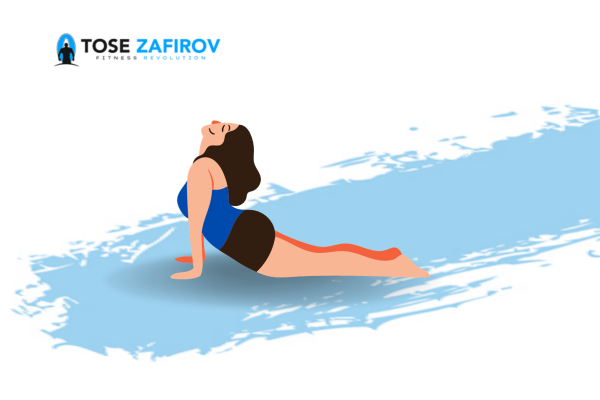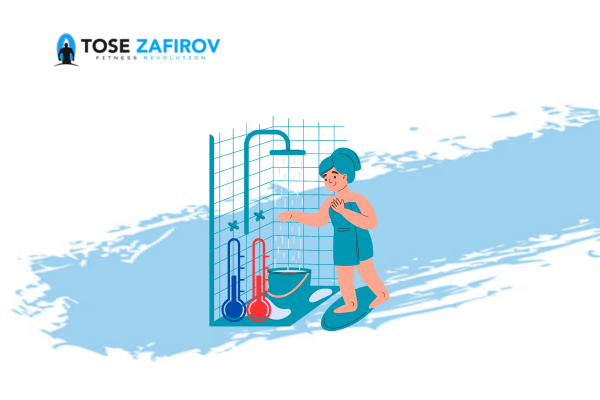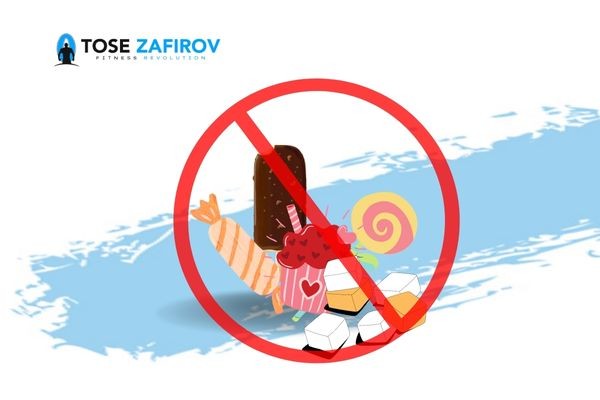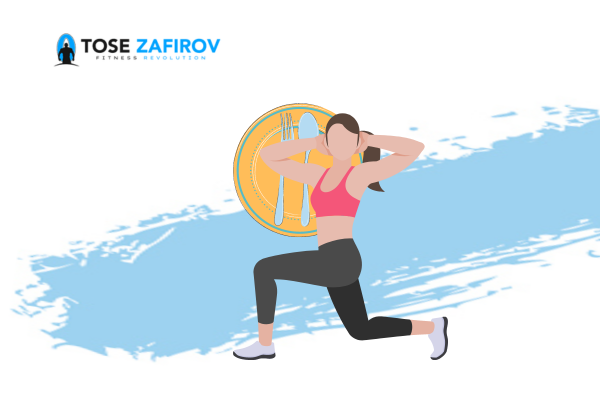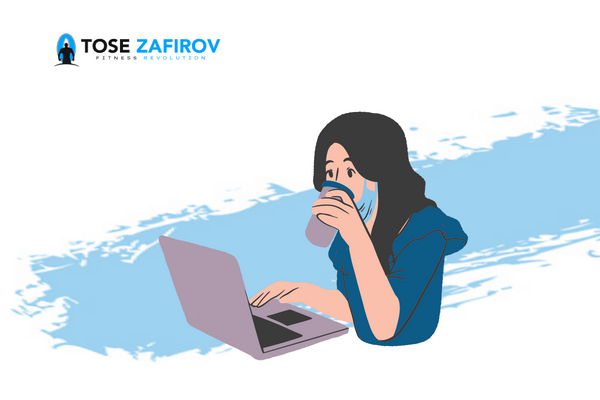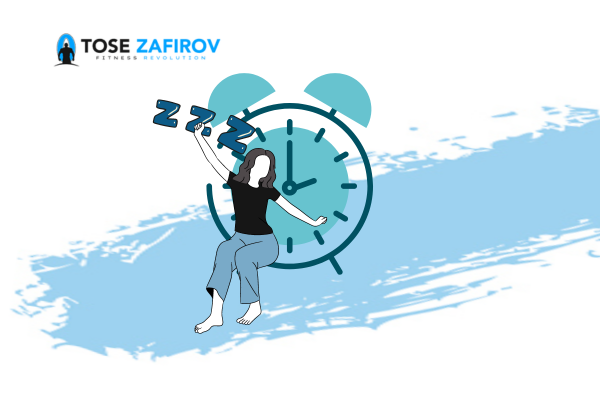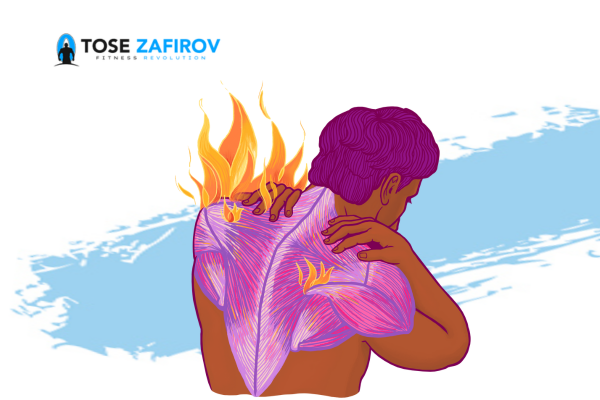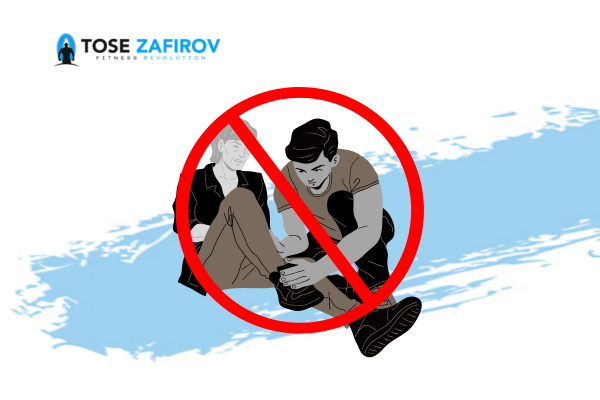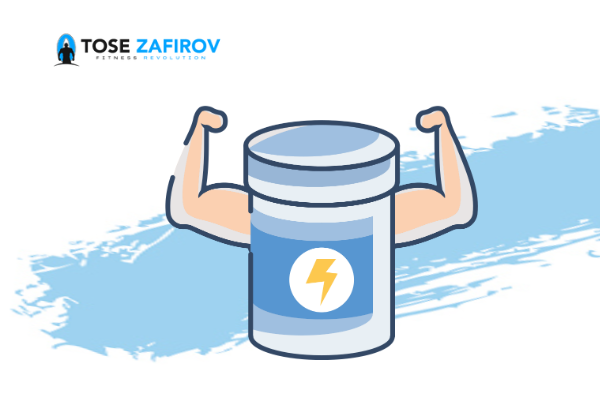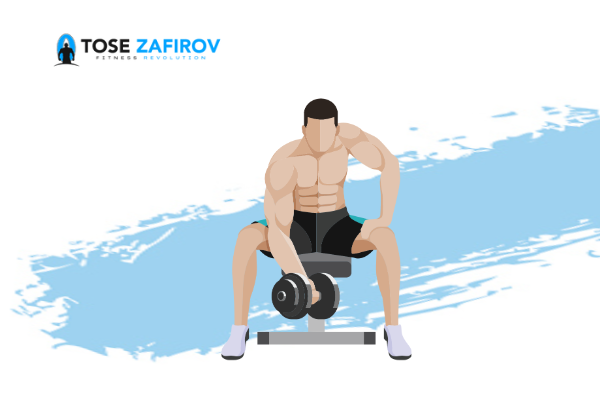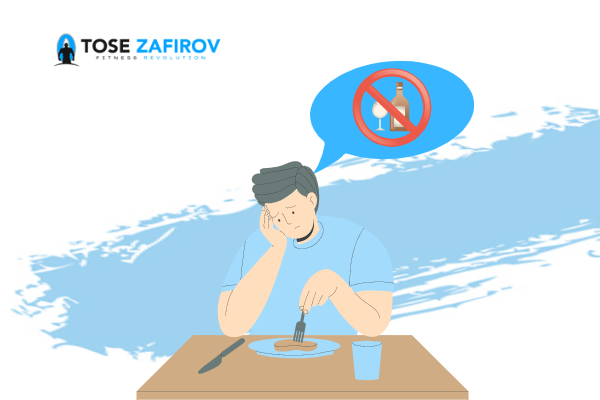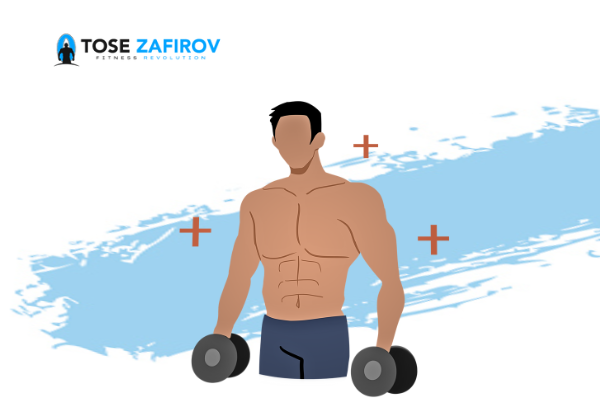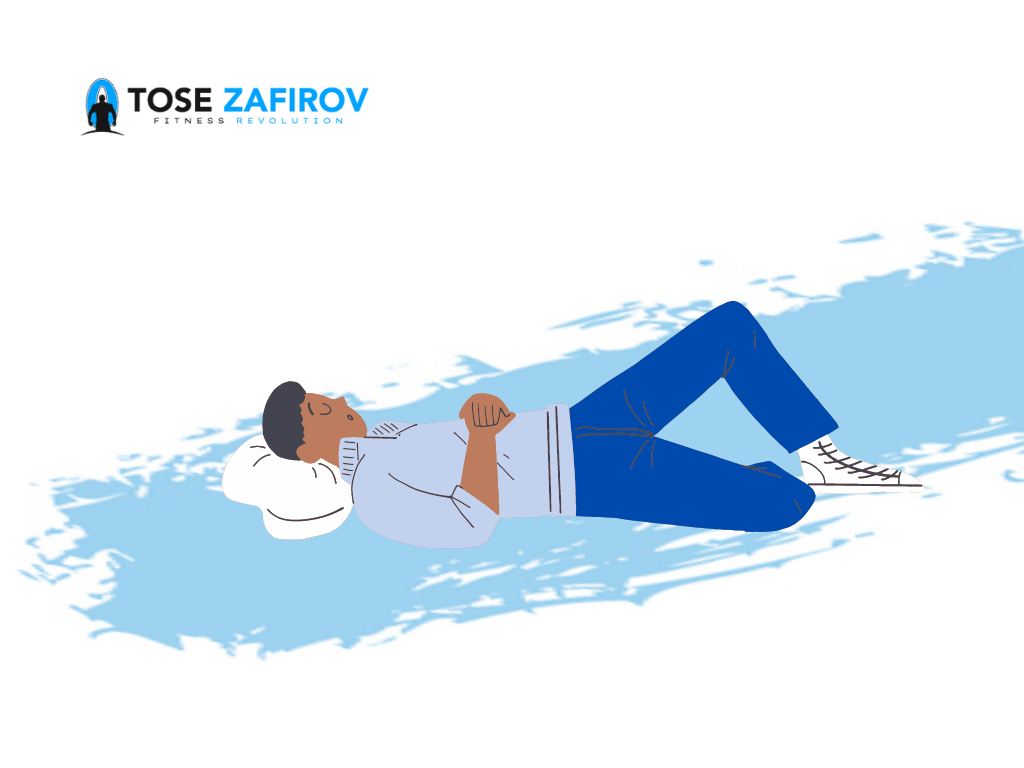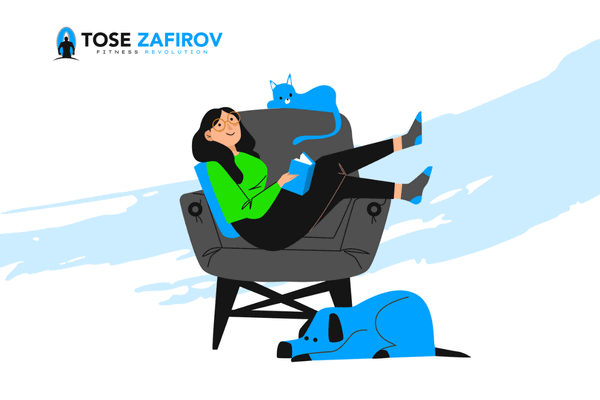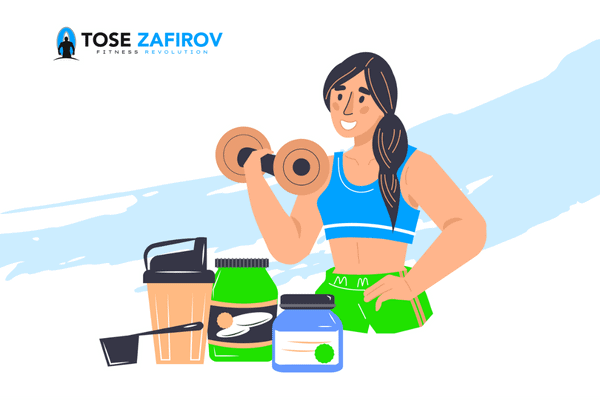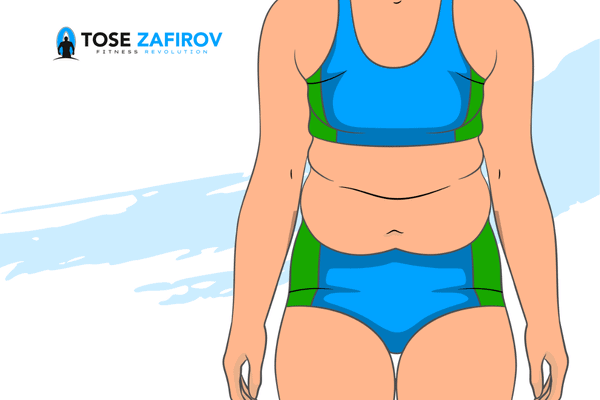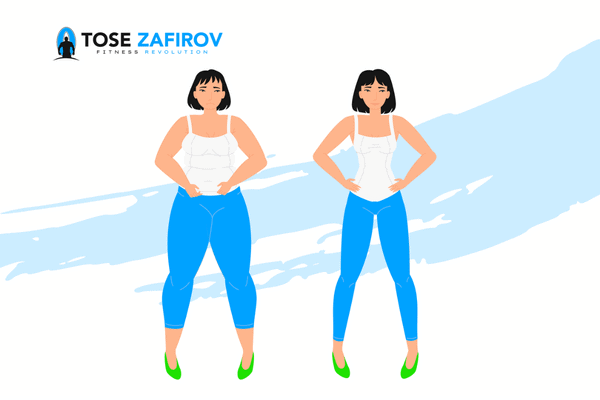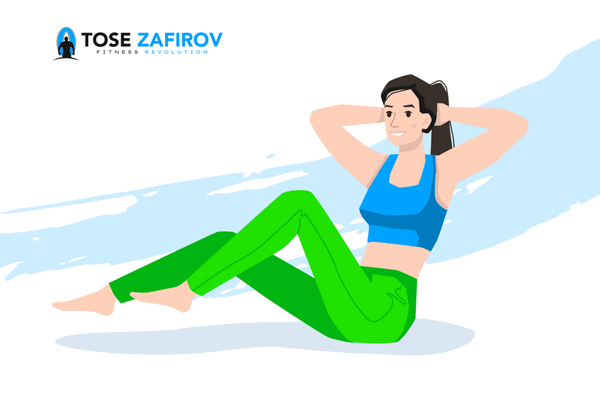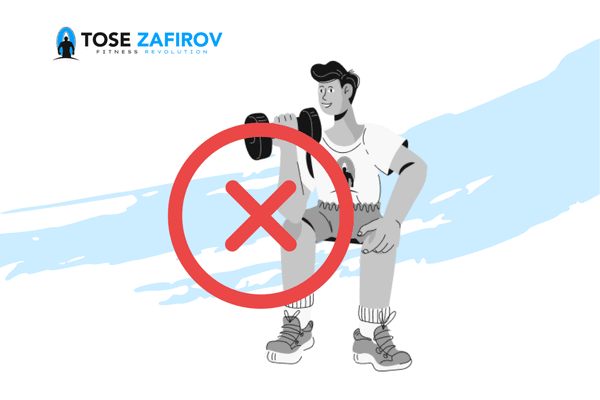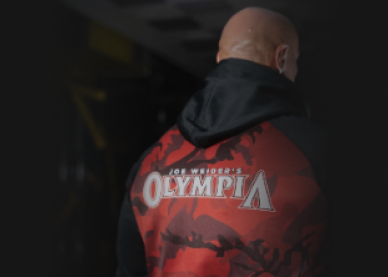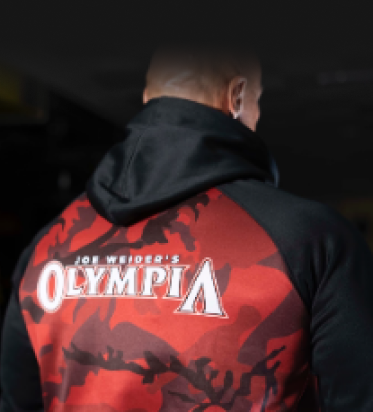If you’ve decided to lose weight, you may have asked yourself a tricky question: Should you do cardio or weights?
Cardio and resistance training (including weightlifting) are popular workouts, but knowing which may help you accomplish your goals more efficiently can be hard.
Key Takeaways:
- Cardio burns more calories per session compared to weight training, making it effective for weight loss.
- Weight training changes body composition by building lean muscle, which boosts metabolism and burns calories even at rest.
- High Intensity Interval Training (HIIT) offers similar benefits to cardio and weight training in less time, burning calories efficiently.
- Combining different types of exercise in your routine can maximize weight loss, fat burning, and muscle building.
Cardio burns more calories per session
You’ll generally burn more calories per cardio session than weight training for about the same effort.
However, to lose weight, you also need to burn more calories than you consume.
According to the Centers for Disease Control and Prevention (CDC), if you weigh 154 pounds (lb), you will burn about 145 calories per 30 minutes of bicycling at a moderate pace.
If you were to bicycle at a more intense pace of 10 miles per hour or more, you could burn around 295 calories in 30 minutes. In other words, the intensity of your workout affects how many calories you burn in total during one cardio session.
On the other hand, if you lifted weights for the same 30 minutes, you might burn around 110 calories.
Also, the more you weigh, the more calories you will burn. When you begin losing weight, you may notice that you burn fewer calories per session doing the same effort.
Note
Weight training changes body composition and sustains caloric burn
Although a single weight-training session doesn’t typically burn as many calories as a cardio session, you could still burn more calories overall if you go with the first one.
Resistance and weight training are more effective than cardio at building lean muscle, and muscle mass burns more calories at rest than other tissues, including fat.
Building muscle may help increase resting metabolism in some people — that is, how many calories the body burns at rest.
A 2020 systematic review found that resistance exercise is effective at increasing resting metabolic rate compared to aerobic exercise alone or aerobic and resistance exercise combined.
The calorie-burning benefits of resistance training aren’t limited to when you are exercising. You may keep burning calories hours afterward as your body recovers from your session and repairs muscle tissue.
How much energy (calories) you expend during your recovery after a weight-training session depends on the intensity of your session.
You can lose weight and burn fat by lifting weights only. The more muscle you build, the more fat your body will burn. It may take you longer, though, compared to incorporating cardio exercises.
Pro Tip
Weight and resistance training may improve your metabolism over time. Also, lifting weights is typically more effective than cardio at increasing the number of calories you burn after a workout.
HIIT provides similar benefits to cardio and weights in less time
High intensity interval training (HIIT) involves short bursts of intense exercise alternated with low intensity recovery periods.
You may burn about 485 calories in 45 minutes of HIIT, including a 5-minute warm-up and a 5-minute cool-down.
The overall caloric burn may vary depending on your weight and exercise intensity. You may need to do a 1-hour vigorous cardio session or more than 1 hour of vigorous weightlifting to burn as many calories.
Typically, a HIIT workout may take about 10–30 minutes.
You can use HIIT with various exercises, including walking, running, biking, jumping rope, or other body weight exercises. You can also incorporate weights, like dumbbells, into your HIIT workout.
All you have to do is increase and decrease the intensity of your movement every few seconds. For example, you could alternate sprinting for 20 seconds and walking for 20 seconds, or you could do squats for 30 seconds and then rest for 20.
One in men compared the calories burned during 30 minutes of HIIT, weight training, running, and biking. The researchers found that HIIT burned 25–30% more calories than the other forms of exercise.
Research from 2017 following more than 400 adults with overweight and obesity also found that HIIT and traditional cardio sessions reduced body fat and waist circumference to similar extents.
Pro Tip
High intensity interval training (HIIT) helps you burn calories in a short period of time. Some research shows it may burn more calories than weights or cardio, but with less time spent exercising
Using more than one type of exercise may be more effective
Many exercises help you burn calories and lose weight, but it also depends on your overall plan. Practicing different types of exercise modalities may help you lose weight, burn fat, and build lean muscle.
How much should you exercise per week?
Adults need at least 150 minutes of moderate physical activity per week and 2 days of strength resistance to maintain weight and promote overall health benefits. You could also do 75 minutes of vigorous physical activity and 2 days of strength training.
Physical activity is anything that gets your body moving and your heart pumping. For example, gardening, chores, dancing, walking, swimming, or any exercise session.
Which types of exercise should you do to lose weight?
All types of exercise and physical activity can help you manage your weight. Alternating exercise methods and physical activity in general will help you achieve your goals.
Your body burns calories just by being alive. Thinking, breathing, and even sleeping require energy. You need to eat enough calories to sustain these body functions. This is called the basal metabolic rate.
In addition to the essential bodily functions, your body also burns calories by moving. This includes brushing your teeth, standing up and getting a glass of water, and physical activity. The more you move, and the more intense the movement is, the more calories you burn.
Weight training can lead to an increase in muscle mass and a decrease in fat mass. If your muscle and fat change by the same amount, the numbers on the scale may stay the same, but your body may look and feel different. You may notice a narrower waist, for example. Strength exercises also help your bones stay healthy.
Cardio training helps improve your heart health, manage blood pressure, and boost your mood. It also helps you burn fat.
Incorporating weights and cardio — including HIIT — may help you lose weight, burn fat, improve your health, and feel better.
For example, to lose belly fat, you may want to practice HIIT. To tone the abdomen muscles, you may want to weight train.
Note
All types of physical activity help you burn calories. If you burn more calories than you eat, you’re likely to lose weight.
Both diet and exercise are critical for long-term results
Exercise and a balanced diet are essential for good health. Also, all physical activity is more effective at helping you lose weight when accompanied by a dietary plan that involves a caloric deficit and the foods that provide the most nutrients. Consistency is key.
A moderate reduction in calorie intake and a physical activity plan are needed for long-term weight loss and maintenance.
Your body weight depends on the balance between how many calories you eat and how many calories you burn.
If you eat as many calories as you burn in a given week, it’s likely you’ll maintain your current weight. If you burn more calories than you eat, you may lose weight, while eating more calories than you burn may lead to weight gain.
Other factors may influence your weight, though. For example, aging and thyroid health.
What you choose to eat also affects your outcome. Some foods may help you burn fat and other foods may support your overall health and weight loss journey.
To lose weight, you want to move more in general if possible. Burning more calories from movement is encouraged rather than cutting calories and eating less. This can help you maintain your results long term and keep your body working as best as possible.
Note
Combining a balanced diet and a physical activity plan can help in your long-term weight maintenance success. Weight loss programs that include regular exercise, and not only diet plans, can lead to greater weight loss and better weight maintenance over time.
The bottom line
Incorporating cardio, weight training, and HIIT into your exercise routine can help you burn calories, build muscle, and achieve your weight loss goals more effectively. Combine with a balanced diet for sustainable results.

